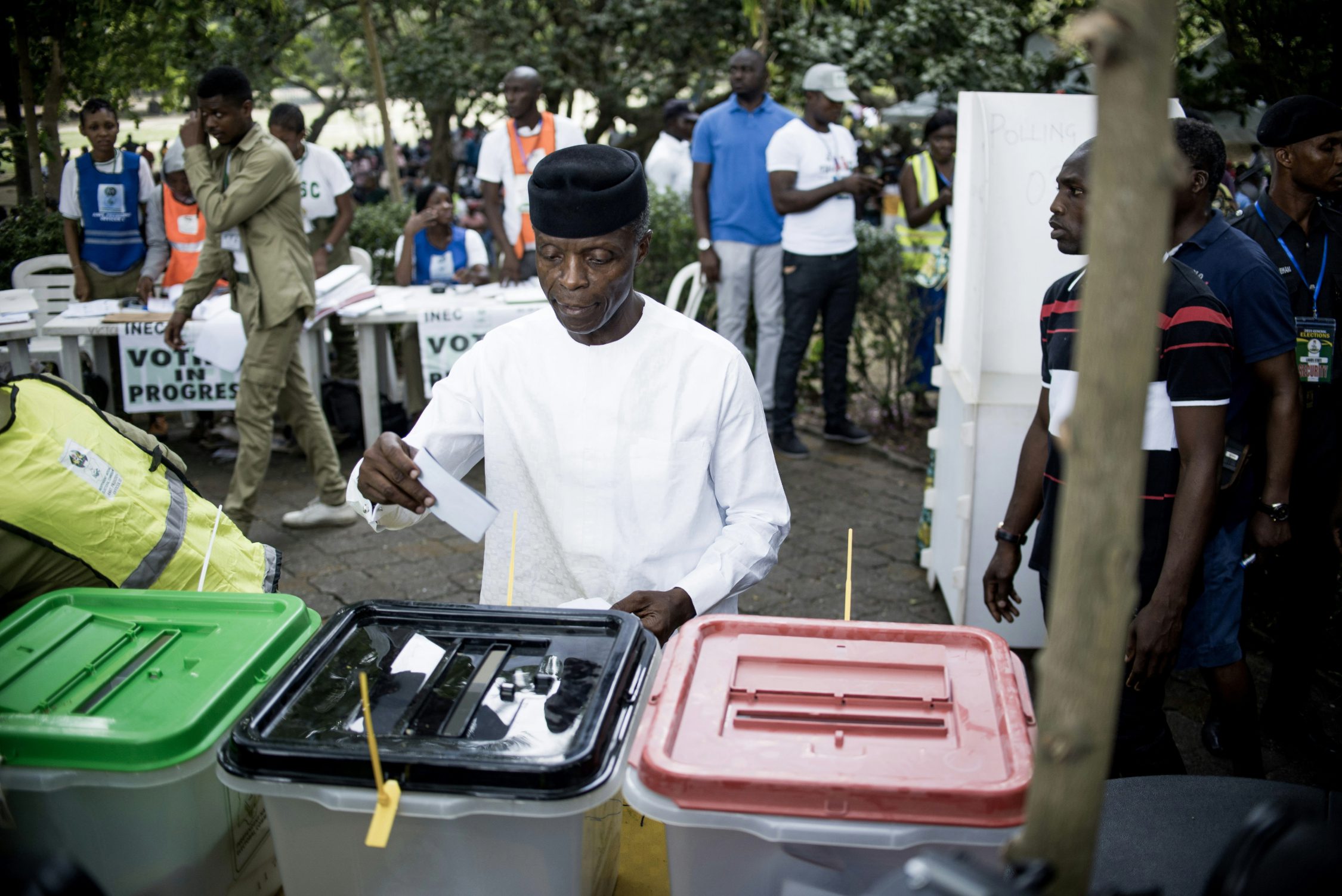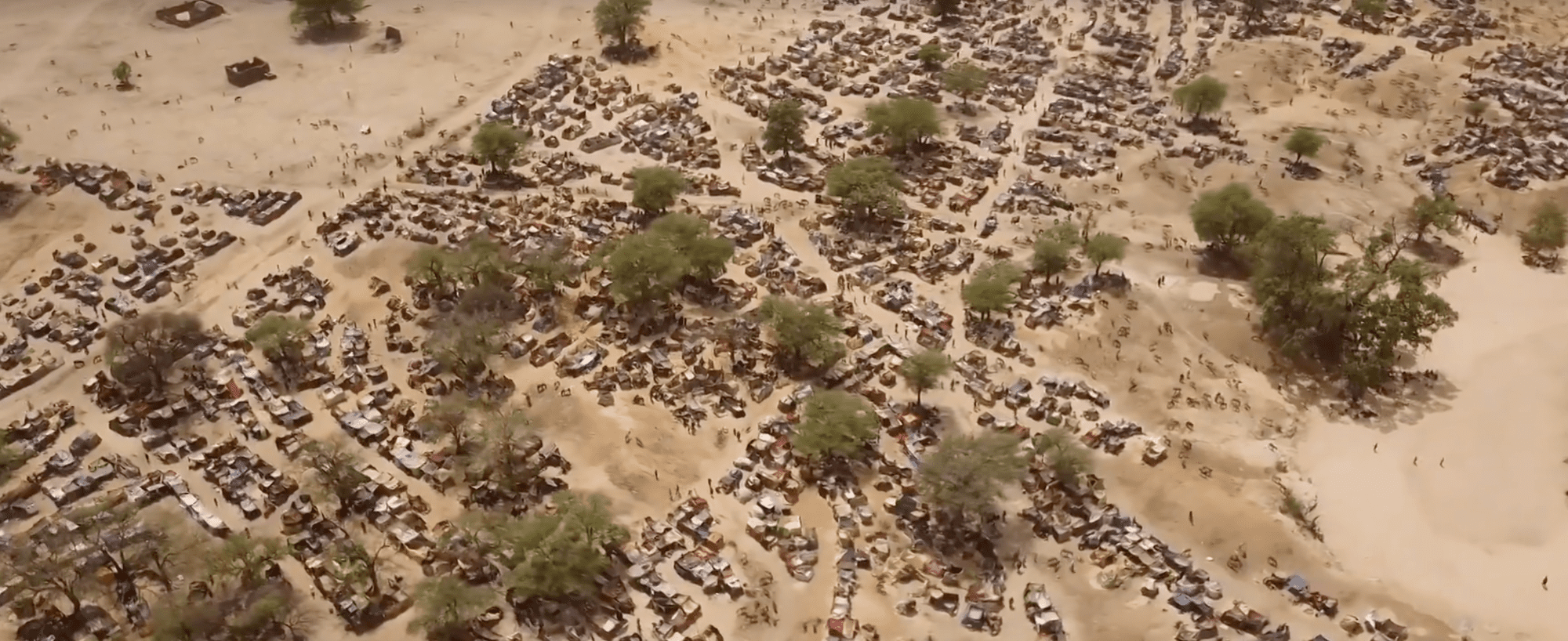In March 1990, Africa Watch (the Africa division of Human Rights Watch) published a report on Sudan entitled Denying ‘The Honor of Living,’ Sudan: A Human Rights Disaster. Chapter 4 was entitled ‘Starvation as a Weapon of War’. It was the first HRW report to document links between human rights violations and the creation of famine. I was the author.
The events it describes happened more than 30 years ago. The report was published 29 years ago, and its opening and closing paragraphs of that chapter could be repeated almost word-for-word today. The chapter begins:
South Sudan suffered famine during 1986-9. That famine still continues. In 1988 this famine included pockets of almost unprecedented severity, in terms of levels of mortality…
The famine was created by war. The most important causes for this famine are the deliberate policies adopted both by the government and the SPLA. The most significant government policies included using militias and paramilitary forces. The army and SPLA tactics included “scorched earth” strategies and the SPLA also resorted to siege of government-held towns. Both the government and the SPLA denied food to the civilian population in the war zones. The policies of denying relief did not create the famine, but made it much more severe when famine occurred. These tactics included obstructing relief supplies, obstructing or distorting commercial food markets and preventing famine-stricken populations from following “coping” strategies (for instance searching in the bush for wild foods). Even where these activities did not directly create starvation, they left rural people so destitute that even mild climatic adversity, such as drought or floods, left them vulnerable to famine.
The following 33 pages document how the famine unfolded in the different provinces of southern Sudan, in each case showing how military tactics by all parties caused starvation directly or indirectly. The chapter also details attempts by humanitarian agencies to try to deliver relief, and the consistent thwarting of those efforts, which included the murder of aid workers, massive stealing of aid, and simply blocking aid. The chapter concludes:
The famine of 1988 in Sudan was an entirely man-made disaster. It is a tragic story out of which few people emerge with any credit. It was created by both the government and the SPLA. Both used military tactics that had the foreseeable consequence of creating famine, including by the systematic denial of relief. The denial of food relief by the SPLA was clear, in that the organization publicly stated its position, shot down airplanes and attacked road and river convoys. The government position was more insidious: they blamed logistical difficulties, bureaucratic technicalities, security problems, local politics and labor disputes on the river and railway. Their position was not challenged by western donors. Decisions made by central government in 1986 gave local army commanders and government officials carte blanche to misappropriate and obstruct food relief. As each instance of misappropriation or obstruction occurred, with tacit government approval and without public protest by the donors, a climate of greed and disregard for law and internationally recognized conventions was fostered, in which women and children were deliberately starved as both parties to the conflict sought to achieve political and military goals.
What has changed over thirty years? The use of starvation as a weapon of war is essentially unchanged. The belligerents’ disrespect for humanitarian norms and principles is essentially unchanged—what is sometimes called ‘humanitarian space’ has expanded and contracted at different times, but there doesn’t appear to be a fundamental normative shift. International donors are more outspoken: thirty years ago they were conspicuously silent on starvation crimes, and it is now commonplace for human rights reporting to document these crimes.
But it is discouraging, to say the least, to re-read an account of starvation as a weapon of war in southern Sudan, that is almost thirty years old, but could have been written today.


